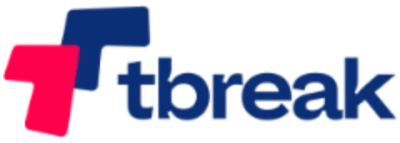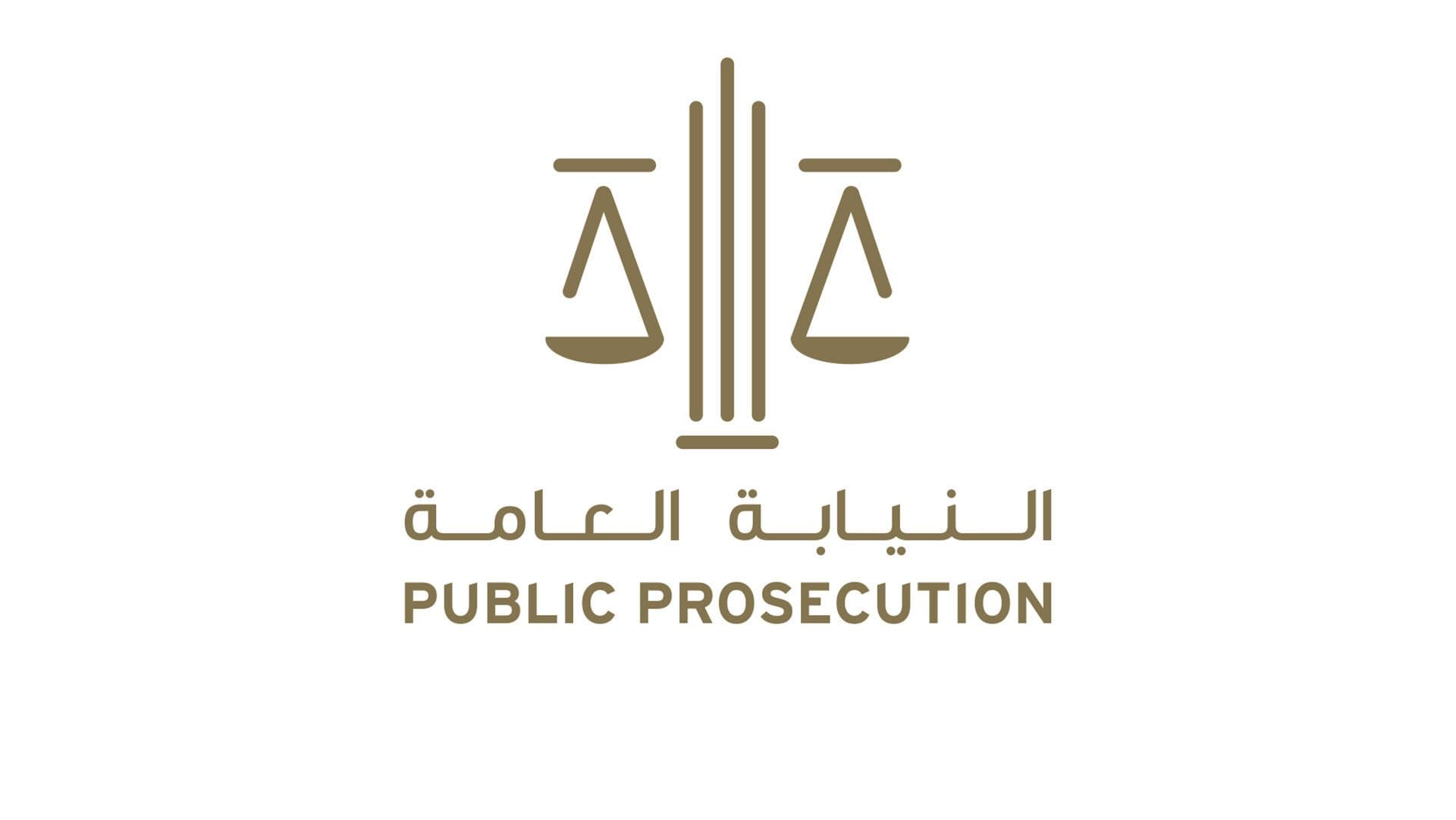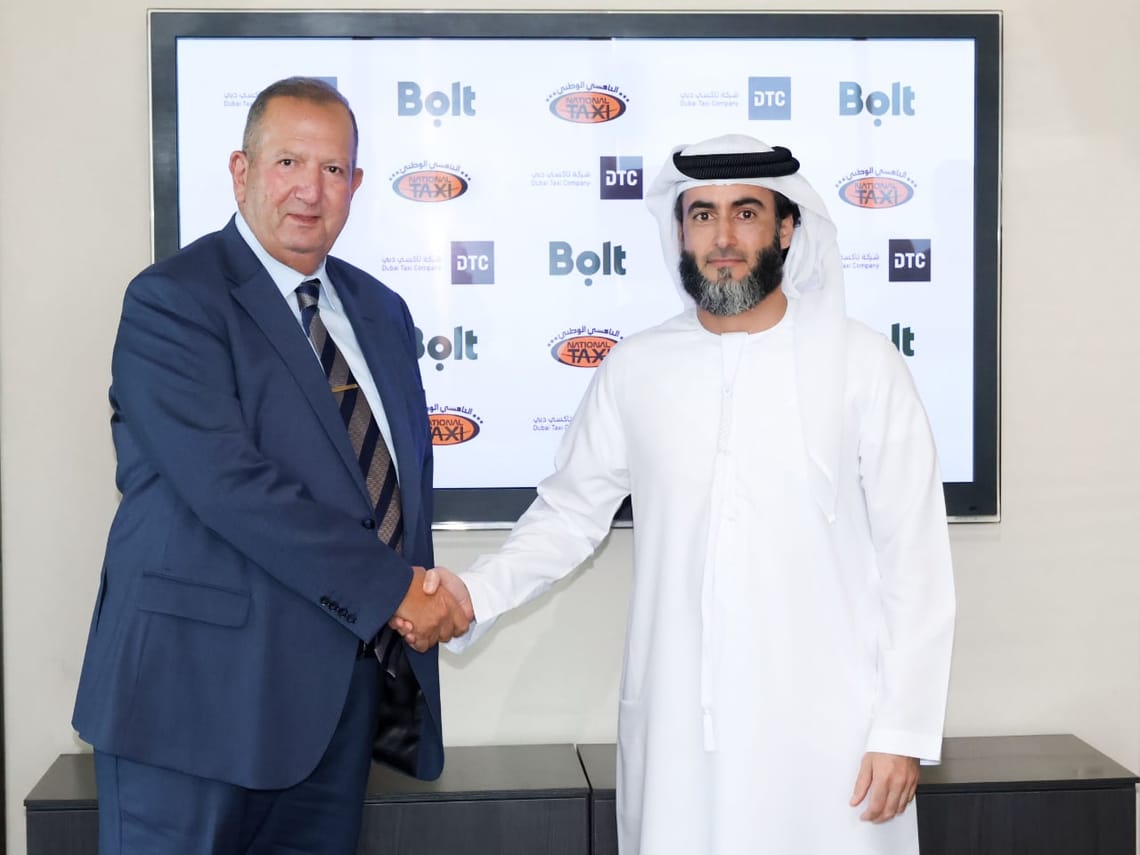The UAE Public Prosecution is heading to GITEX Global 2025 with a clear brief: make criminal justice faster, more accurate and more transparent—without ditching human oversight. Expect new pilots, an ethics framework for AI, and a policy paper that ties it all together. You’ll find the team at the TDRA Pavilion (H18–B10) at Dubai World Trade Centre from 13–17 October 2025.
Prosecution of the Future: what’s actually new
Two flagship builds—Virtual Prosecutor Assistant and Legislation Digitization—aim to speed up cases and cut admin, while keeping an audit trail prosecutors can trust.
- “Virtual Prosecutor Assistant” supports case flow from report to resolution with secure tracking and instant access to the right files.
- “Legislation Digitization” converts laws into machine-readable rules, linking actions to conditions and penalties.
- Targets: faster charge classification, automated judgment entry, and cleaner data sharing across the justice stack.
Prosecutors lose hours to document hunting and manual look-ups. A searchable, linked legal layer plus a case assistant could remove the paper chase and reduce slip-ups, provided the audit trail is robust and every automated step is explainable. The Public Prosecution says both are in its scope under “Prosecution of the Future 2045” and its AI Strategy 2025–2030.
Bayan: smart translation built for courtrooms
"Bayan” is an AI-powered translation pilot designed for live investigations and trials, with voice/text both ways, dialect support, and evidence-grade logs.
- Live interpretation with dialect recognition, including Emirati.
- Speech-to-text, text-to-speech, and OCR from files/images.
- Secure recording storage as certified legal references, plus a governance dashboard.
Real-time accuracy is the difference between a clean record and an appeal. A built-in legal dictionary and governance controls suggest this is built for chain-of-custody and quality assurance, not just convenience. The pilot launches at GITEX.
Related reading on Tbreak: check how other exhibitors are tackling AI at the show—like HPE’s deployable AI stacks and cooling tech, and HONOR’s AI lineup for Dubai.
An AI Ethics Charter with teeth
A new AI Ethics Charter and Governance Policy sets rules for transparency, explainability, privacy, risk control—and keeps humans in the loop.
- Framework for responsible adoption and management of intelligent systems.
- Human oversight at every stage; focus on decision quality and public trust.
- Designed for smart justice operations, not just IT.
AI in justice needs guardrails. The stated approach—transparency, explainability and privacy by design—matches what courts and defence lawyers will expect before they accept machine support in critical decisions.
Related reading on Tbreak: policy meets practice in the region—see Presight x Abu Dhabi Police on responsible AI commitments.
Youth debate and a panel on ethics
There’s a youth debate—“Virtual Witness or ChatGPT: In the Balance of Criminal Justice”—plus a panel on ethical AI governance in criminal justice.
- Focus on where AI sits in evidence and process.
- Public engagement to test the ethics charter in the open.
Getting the next generation to question “AI as witness” is smart. It forces clarity on what counts as evidence, who validates it, and how rights are protected when machines are in the room.
GETS 2025 white paper: lessons and a roadmap
A new white paper packages outcomes from the Governance of Emerging Technologies Summit (May 2025) into a sector-by-sector matrix, an ethics framework, and recommendations for justice.
- Executive summary and deep-dive analysis of the summit.
- Challenges/opportunities by sector and tech, plus terminology and indicators.
- National and international recommendations, aimed at the justice ecosystem.
Policy only works if implementers can map it to daily tasks—charge selection, evidence handling, sentencing inputs. A structured matrix hints at practical adoption, not just principles.
Where and when to visit
- Event: GITEX Global 2025, Dubai World Trade Centre
- Dates: 13–17 October 2025 (UAE time)
- Location: TDRA Pavilion, H18–B10
All confirmed by the Public Prosecution’s announcement.
What is the Virtual Prosecutor Assistant?A digital assistant that helps move cases from report to resolution with secure audit trails and instant, accurate information for prosecutors and support teams.
How does the Legislation Digitization Project work?It converts laws into machine-readable formats, linking actions with conditions and penalties. That speeds charge classification, automates judgment entry, and enables better analytics.
What makes the Bayan translation pilot different?Two-way voice/text translation with dialect recognition (including Emirati), plus speech-to-text, text-to-speech, OCR and secure, certified recordings—with a dashboard for governance and QA.
Subscribe to our newsletter to get the latest updates and news















Member discussion